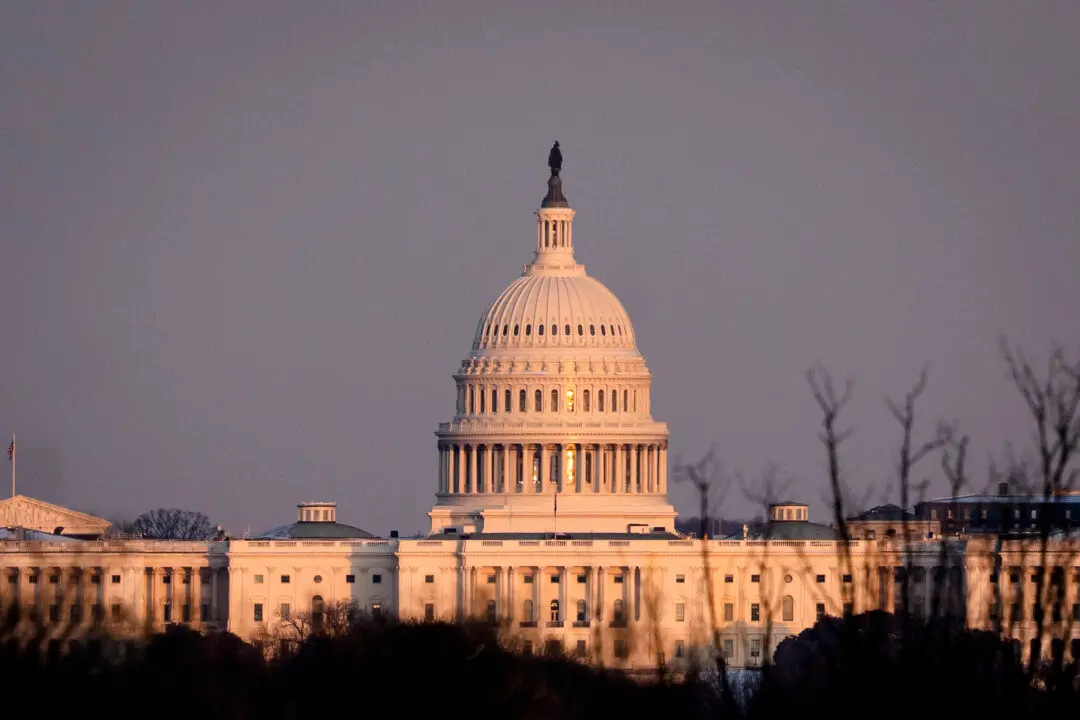President Donald Trump announced on May 11 that he would sign an executive order that he said would reduce prescription drug prices “almost immediately.”
“I am pleased to announce that Tomorrow morning, in the White House, at 9:00 A.M., I will be signing one of the most consequential Executive Orders in our Country’s history,” Trump said in a post on Truth Social.






